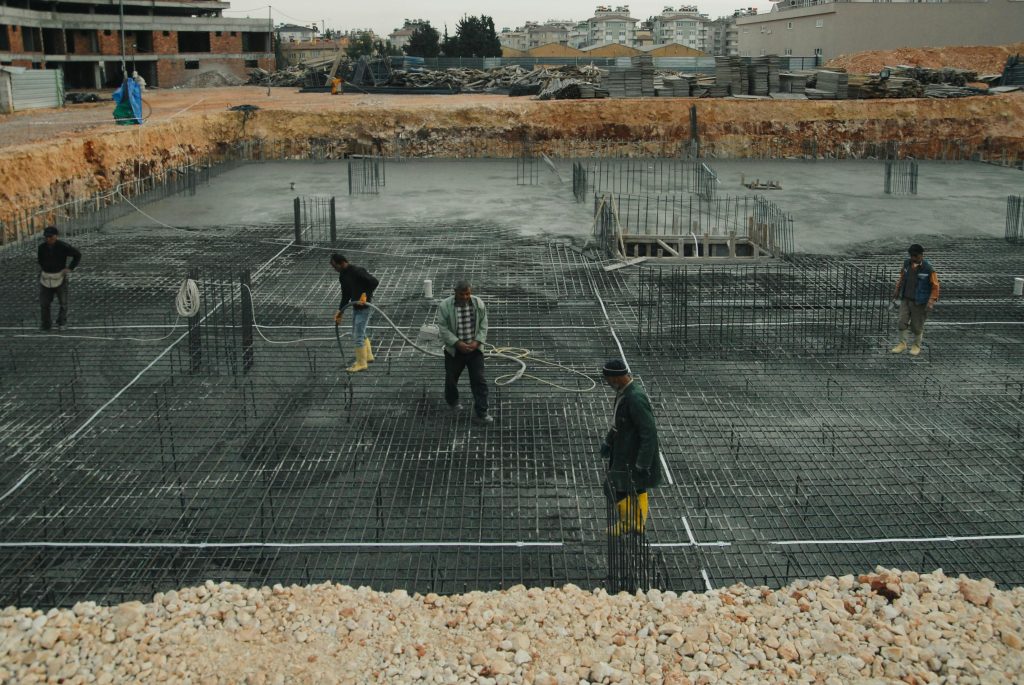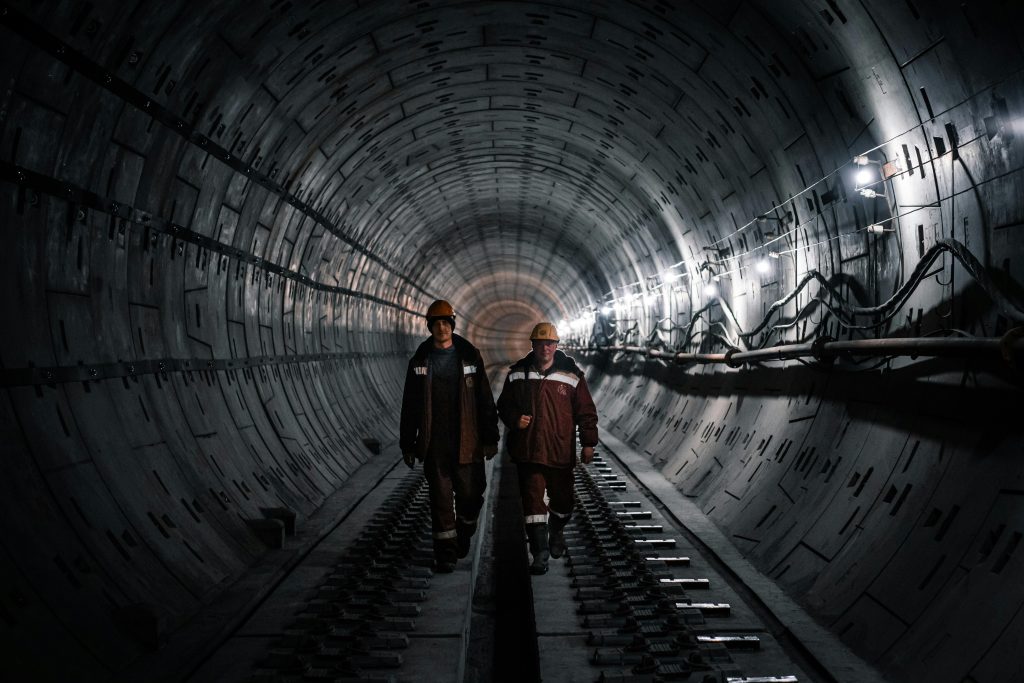Construction projects, whether they involve skyscrapers, bridges, or underground tunnels, rely heavily on the stability and integrity of the ground on which they are built. This is where geo-technical engineering comes into play. As a critical branch of civil engineering, geo-technical engineering focuses on understanding the behavior of earth materials like soil and rock and their interaction with structures. By ensuring the ground is stable and suitable for construction, geo-technical engineering plays a vital role in the success and safety of construction projects. This article explores the importance of geo-technical engineering, its applications, and how it contributes to the reliability and sustainability of construction projects.
What is Geo-Technical Engineering?
Geo-technical engineering involves the study of soil and rock mechanics to assess their properties and behavior under various conditions. It provides the scientific and technical foundation for designing foundations, slopes, retaining structures, and other earthworks. Geo-technical engineers analyze soil and rock samples, conduct field tests, and use advanced modeling techniques to ensure that construction projects are built on a solid and stable foundation.
Why is Geo-Technical Engineering Important in Construction?
1. Ensuring Structural Stability
The primary role of geo-technical engineering is to ensure that the ground can support the weight of structures. Without proper analysis, buildings and infrastructure could sink, tilt, or even collapse due to unstable soil conditions.
2. Mitigating Risks
Geo-technical engineering identifies potential risks, such as landslides, soil liquefaction, or ground settlement, and provides solutions to mitigate them. This reduces the likelihood of costly failures and delays during construction.
3. Optimizing Foundation Design
The foundation is the most critical part of any structure. Geo-technical engineers design foundations that are tailored to the specific soil conditions of a site, ensuring durability and safety.
4. Supporting Sustainable Construction
By understanding the properties of soil and rock, geo-technical engineering helps minimize environmental impact and promotes sustainable construction practices.
Key Applications of Geo-Technical Engineering in Construction
1. Site Investigation and Soil Testing
Before any construction begins, geo-technical engineers conduct thorough site investigations to assess soil and rock properties. Techniques like borehole drilling, cone penetration testing (CPT), and geophysical surveys provide valuable data for design and planning.

Caption: Geo-technical engineers conduct soil testing to assess ground conditions.
Alt Text: Engineers performing soil testing at a construction site.
2. Foundation Engineering
Geo-technical engineers design foundations that are appropriate for the soil conditions of a site. Common foundation types include shallow foundations (e.g., spread footings) and deep foundations (e.g., pile foundations).

3. Slope Stability and Retaining Structures
In hilly or uneven terrains, geo-technical engineering ensures the stability of slopes and the design of retaining walls to prevent landslides and erosion.

4. Underground Construction
Geo-technical engineering is essential for underground projects like tunnels, subways, and basements. It addresses challenges such as soil collapse, water ingress, and ground settlement.

5. Earthquake Engineering
In earthquake-prone areas, geo-technical engineers design structures to withstand seismic forces. This includes analyzing soil liquefaction potential and designing earthquake-resistant foundations.

Benefits of Geo-Technical Engineering in Construction
- Safety: Ensures the stability and safety of structures, protecting lives and property.
- Cost-Effectiveness: Reduces the risk of costly failures, repairs, and delays.
- Sustainability: Promotes eco-friendly construction practices by minimizing environmental impact.
- Innovation: Enables the construction of complex and ambitious projects, such as skyscrapers and underground tunnels.
- Risk Management: Identifies and mitigates potential risks during construction.
The Future of Geo-Technical Engineering in Construction
As construction projects become more complex and ambitious, the role of geo-technical engineering will continue to grow. Emerging trends in the field include:
1. Advanced Modeling and Simulation
Geo-technical engineers are using advanced software and modeling techniques to simulate soil behavior and predict potential issues before construction begins.
2. Smart Sensors and IoT
IoT-enabled sensors are being used to monitor ground conditions and structural health in real time, improving safety and efficiency.
3. Sustainable Practices
Geo-technical engineering is increasingly focused on sustainable construction practices, such as using eco-friendly materials and minimizing soil disturbance.
4. Climate-Resilient Infrastructure
With climate change increasing the frequency of extreme weather events, geo-technical engineering will play a key role in designing infrastructure that can withstand floods, earthquakes, and other natural disasters.
Conclusion
Geo-technical engineering is the backbone of safe, reliable, and sustainable construction. By understanding and managing the behavior of soil and rock, geo-technical engineers ensure that structures are built on a solid foundation and can withstand the test of time. As construction projects continue to push the boundaries of innovation, the importance of geo-technical engineering will only grow, making it an indispensable part of the construction process.
The future of construction depends on the expertise of geo-technical engineers, who ensure that every project is built on a foundation of stability, safety, and sustainability.
References
- “The Role of Geo-Technical Engineering in Construction” – American Society of Civil Engineers (ASCE)
- “Foundation Engineering: Principles and Practices” – ScienceDirect
- “Sustainable Practices in Geo-Technical Engineering” – United Nations Environment Programme (UNEP)
- “Innovations in Geo-Technical Engineering” – Engineering News-Record (ENR)